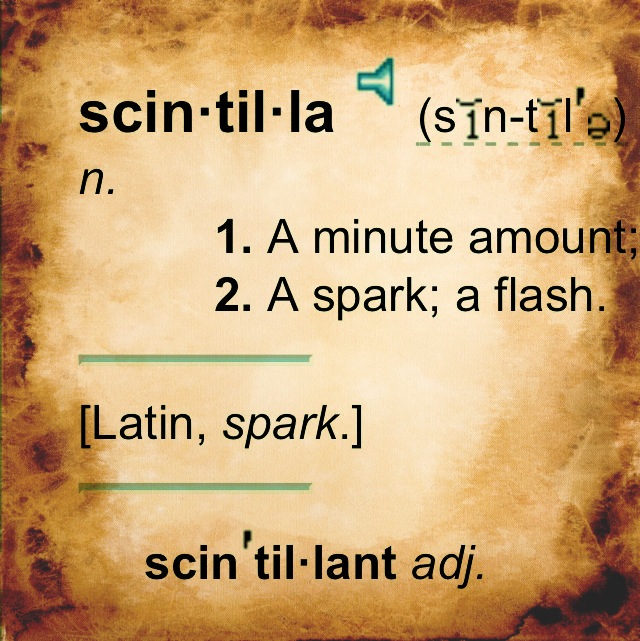Alex Jones is a raging buffoon. I dare say even his most ardent fans who may have chanced an honest assessment of him harbor some facsimile of this sentiment. He lives in a fantasy world where he enjoys hyperactive omniscience. Sound familiar? Dogma in any form is ridiculous and cartoonish, a characteristic highlighted when it flows from the dramedy of Glenn Beck or Robert Tilton’s baby talk or Alex Jones’ frazzle-dazzle delusions. I won’t go into the history of charismatic leeches. You get the point.
I know that pointing out the absurdity of talking heads drunk on egoism is nothing new or radical. We all understand it. However, as with everything political, there are legitimate issues that nevertheless overlap the unreasonable. A friend hinted that some of my views might appear an endorsement of conspiracy thinking or at the very least, American style libertarianism. So I’m going to set a few things straight. I am in no way a conspiracy nut. I’m typing it again with emphasis: I am in no way a conspiracy nut! I do not believe in overarching plans to control the planet hatched by hooded men in star chambers. What I do believe in is the inherent corruption of governments and rulers. I am an Anarchist-Individualist who accepts that for the foreseeable and un-foreseeable future, there will be rulers and governments. However, their existence doesn’t mean I should bow down to any of them for any reason on any issue. And that statement alone leaves me the loneliest “libertarian” on the picket line. Unfortunately, in my opposition to all government and law, I sometimes find myself on the same ground as wackjobs like Alex Jones, our only similarity being our shared opposition to specific tactics of one government in particular. This same plight is evident daily with even more prominent folks who share many of my views, David Graeber vs. Occupy Wall Street for example. So when I write something like: Law enforcement agencies are now militarized beyond anything we've ever seen and they answer to no one and are filled with corruption and fiends. The Patriot Act now allows the government to force the press to divulge their sources. It is legal for the President to send unmanned drones to kill not only "enemy combatants" but also US citizens in a war that has no reasonable resolution. Our lawmakers have used the fear of terrorism to destroy the few defenses of freedom actually built into the Constitution. But I don’t blame government for these things. I blame the American people. The Constitution, as flawed as it is, is a document designed to protect the individual. And the men who wrote it, as flawed as they were, wrote it as a structure to keep the government in fear of its people, not the other way around. The American citizenry has allowed the government to tarnish it and pervert it beyond repair. …just remember my views boil down to one black and white issue--some might even point out the contradiction of my personal dogmatism: autonomy. No one rules over my mind or my body while my heart still beats. No one.
0 Comments
NOTE: After posting this on one of my social networks, I realized it's a damn good introduction to my shortest pieces. I’ve found myself with a surplus of a certain item. An item I’ve only recently satisfactorily defined. Long ago, I began writing down any and every creative spark (descriptions, dialogue, plot twists, etc.) in an effort to combat writer’s block. The technique worked. It quickly and paradoxically proved too effective as I inventoried these morsels and the totality created another block. I had come full circle. How would I decide which of these a coherent beginning? Or where could this dialogue emerge. Or what could possibly happen before this happens? I decided to take each of these ideas for test drive. Just spin a single paragraph then promptly park the fattened spark in a folder. It’s two lines of dialogue. Can it be twenty lines? It’s the description of something from a great distance. What lies between here and there? A character has killed someone. Can I write the scene without retrospect or context yet imply both retrospect and context?
Many of these sparks nagged my imagination enough they grew into more elaborate and complete stories but a great many of them—it seemed—had met their meager and final destiny in those paragraphs. But I could hear them in the night, a gang of textual Terry Malloys eternally whining from some gloomy bench seat deep in my hard drive. I sat for hours reviewing each piece, contemplating its destruction, when I discovered, if tweaked slightly, each one could stand on its own one foot. Shazam! I’ve got a book of “flash fiction!” It took a couple of days for me to discover and admit I can’t rightly call them “flash fiction.” They’re too long. Most well over 400 words (flash fiction landing around 200) and nearly all flash fiction is built on a beginning-middle-end platform. My Terry Malloys most certainly do not contain any of the three. Are they poems? Even though I have taken care shaping each one into an acceptable piece of art, I can’t bring myself to call them poems. I’m not a poet. This is prose. I understand and even endorse the idea that prose contains “poetry” but the nomenclature feels sticky. I’ve looked into the past for an answer, consulted the masters. Hemingway published “vignettes” in the Parisian edition of "in our time" which would later serve as simple “inter-chapters” (not my term) for the finally published “In Our Time.” Yet, “vignette” lacks the punch I think these pieces deserve—their pet name being the Terry Malloys almost demands it. Considering all these possibilities (the flash, flowery, the… French?) I’ve decided to reallocate a term from Latin: scintilla (plural. scintillae) or “spark.” I’ve come full circle again. Each scintilla randomly drops the reader into a timeline that does not actually exist as if opening a novel and reading one paragraph only to close the book and never open it again. The reader’s imagination is left with the burden (and I hope the joy) of filling in the context or at the very least contemplating the ramifications of these seemingly indiscernible situations, conversations, and events. I feel this cliffhanging technique falls serendipitous in line with my overall focus on “struggle.” How better than heaping additional weight on the reader to emphasize the beauty and value of struggle? |
Archives
April 2024

Chrysalis, a growing collection of very short fiction.

That Night Filled Mountain
episodes post daily. Paperback editions are available. My newest novel River of Blood is available on Amazon or Apple Books. Unless noted, all pics credited to Skitz O'Fuel.
|



 RSS Feed
RSS Feed